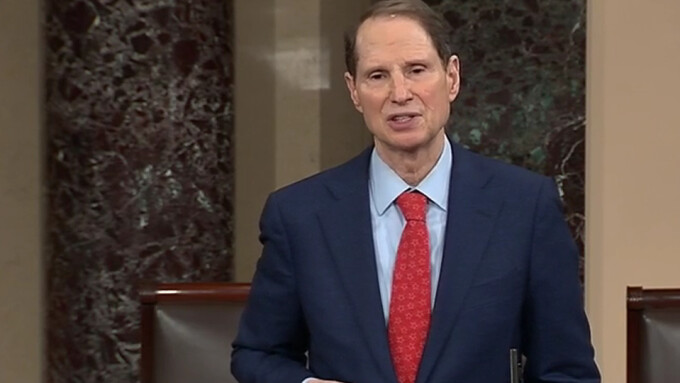WASHINGTON — The Senate today gave final approval, 97-2, to SESTA — landmark legislation that will limit federal immunity for internet platforms.
President Trump is expected to sign the bill into law.
Introduced by Ohio Sen. Rob Portman, the bill, H.R. 1865, seeks to clarify sex-trafficking laws to make it illegal to knowingly assist, facilitate or support sex trafficking, and amend the Section 230 safe harbors of the Communications Decency Act — which makes online services immune from civil liability for the actions of their users — to exclude enforcement of federal or state sex trafficking laws from its immunity.
Section 230 was adopted in 1996 as a way to nurture the internet during its infancy. But, with the advent of adult classified ad websites — notably Backpage.com — instances of sex trafficking, often involving minors, have surged to epidemic proportions, proponents of the bill have said.
SESTA comes on the coattails of a similar bill, FOSTA, that passed in the House of Representatives last month. SESTA became essentially a combination of the two bills.
While Portman and other Senate advocates of the bill discussed reasons why SESTA should pass prior to the vote, Sen. Ron Wyden on the Senate floor said the “current bill be another failure” and will stifle innovation.
“Federal law enforcement has failed to root out and prosecute traffickers, and internet companies have failed while sex traffickers operate on their platforms,” said the Democrat from Oregon, who asked lawmakers to vote against the legislation.
“The small gutsy entrepreneur, civic organizations and small nonprofits have benefited from the important protection of Section 230,” Wyden said. “In the absence of Section 230, the internet will shrivel. Section 230 protects free speech; there will be a chilling of speech if it passes. And when the ads come down, traffic will go to the dark web.
“There will be unintended consequences with passage of the bill, and it could be found unconstitutional,” Wyden said. “This bill punches a hole in what we call the open internet, and it will create a lawsuit bonanza.”
Prior to the vote on SESTA, the Senate was asked to vote on Wyden’s amendment to the bill providing additional money to the Justice Department. That amendment, however, failed.
Eric Paul Leue, the Free Speech Coalition's executive director, told XBIZ, "this is a dark day for free speech and for the safety of sex workers everywhere."
"SESTA will make it harder for consensual sex workers to protect themselves, harder for law enforcement to find actual traffickers, while simultaneously ending one of the free internet's most important pillars, Section 230 of the Communication Decency Act," Leue said. "SESTA may have passed, but there are still crucial battles ahead, and we will be working with partner organizations to protect our members and workers."
Pictured: Ore. Sen. Ron Wyden, on the Senate floor today, said SESTA will stifle innovation and create unintended consequences








